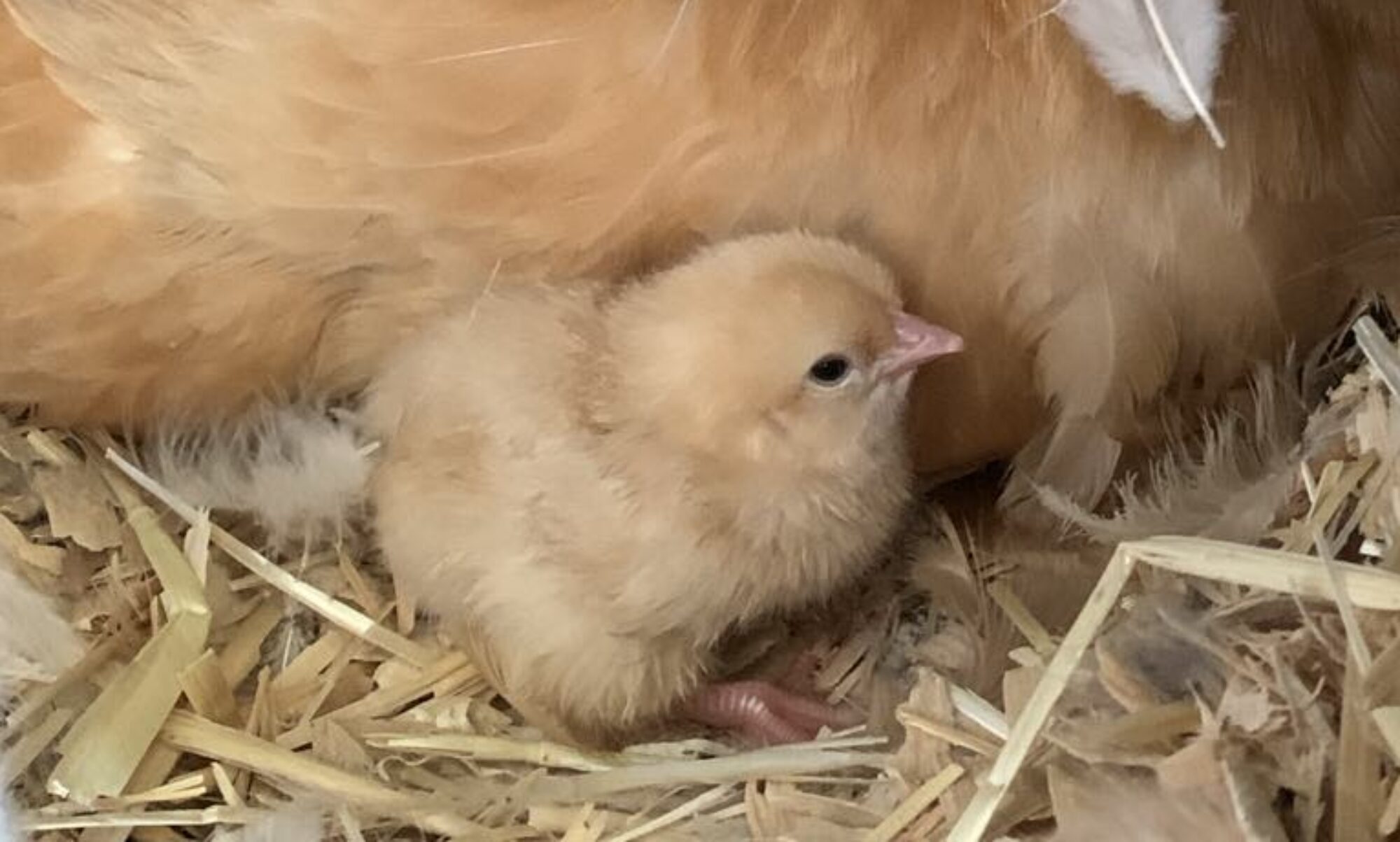Hey, it’s Troy here from the Hearty Henhouse, and I wanted to talk to you today about what we have been doing to get my garden ready this year. I practice a mix of gardening techniques that I think is a healthy balance of natural or passive gardening and intensive raised bed gardening. I think this is a good balance for me for a few reasons, so let’s dig into them.

I work a lot. It seems like every time I turn around, I am picking up another side gig or helping out someone with one of their projects, so I might have a few weekends where I can really put in the hours to set up a system, I don’t have the luxury of consistently spending half my weekends on maintenance. I feel like a lot of people who want to have a garden can relate, so here are some of the things I do that help me front load some effort to make my garden maintenance lower effort.
1- I try to reuse as much material as possible. When I limb my trees every year I let the fallen limbs lie until the leaves fall, and rake them into my compost, then I use a small electric wood chipper to turn the limbs into chips that I can use as cover. A couple of hours with a rake and a few Saturday afternoons with the chipper saved me probably twenty to forty dollars on wood chips and probably double that on soil. This year I added three new raised beds, and I while I did have to by a few bales of peat moss, I can’t fathom how much more it would have cost to fill all three without compost.

2- I try to automate any process I can. My watering is all done on timers. My older lot only has two hose bibs for the whole front yard and they both feed from the same line. So 2 four-way timers that I can set to water throughout the night can mean I am watering my garden and lawn throughout the night while I am asleep and the ground has the maximum time to soak up the water. I cover my crops with light-colored wood chips to help retain water and deter many kinds of common weeds and pests.

3- I try to make every part of my garden work for me. I have struggled for the last 9 years trying to revive a long-dead lawn on my property, and I have only started seeing marginal success when I pivoted my focus from traditional lawn grass to White Clover. Besides the fact it is the only thing that I can seem to get to grow in my lawn, the nitrogen-fixing properties of its clippings will be a great nutrient boost to my compost, and the white clover flowers will attract pollinating insects, which will help with plant fertility in my garden. I have also had a bare patch of soil next to a cement pad that only seems to be useful for growing weeds, and this year we are trying to “wild plant” Sunchokes (a.k.a. Jerusalem Artichokes)in that area to help crowd out the weeds. These are great species for wild planting because they are hearty in most grow zones, require little attention, and can be used from the flowers to their tubers. So, wish me luck, and I will report at the end of the year.

I’ve always found the debate between purely scientific planting and entirely naturalistic planting to be, at best, unnecessary and, at worst, counterproductive. By applying scientific analysis to natural systems, we can harness the strengths of both approaches. This allows us to optimize our gardens for our benefit rather than relying on the latest advertised miracle fertilizer.

If you have any questions or comments, please let us know here or on The Hearty Henhouse’s social media, I would love to hear your thoughts and input. Until I hear from you, happy planting!




